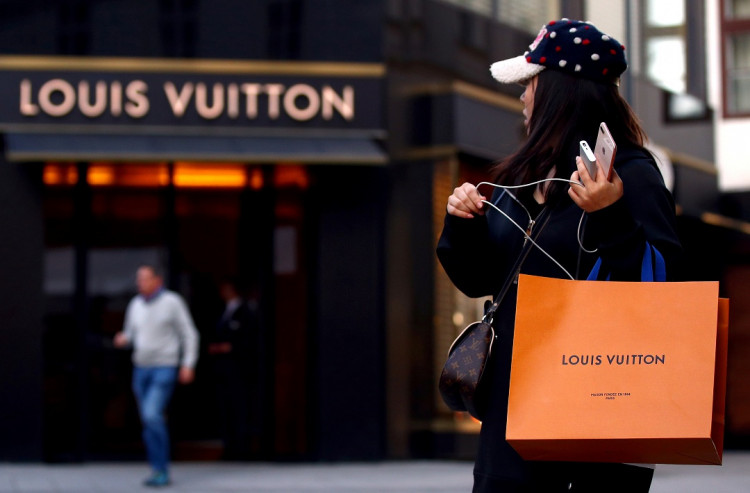The luxury industry, a beacon of opulence and aspirational lifestyles, has recently shown signs of deceleration, with LVMH Moët Hennessy Louis Vuitton, the world's largest luxury goods conglomerate, reporting sales figures that missed analysts' forecasts.
For the third quarter, LVMH reported a 9% rise in revenue, a figure that, while impressive, marks a slowdown from the post-pandemic frenzy that saw consumers splurge on luxury items. The sales miss has been attributed to various factors, including global supply chain disruptions, changing consumer behavior, and the broader economic landscape that has been affected by geopolitical tensions and inflationary pressures.
The slowdown in sales growth is particularly noteworthy given LVMH's stature in the luxury industry. The conglomerate, which owns iconic brands such as Louis Vuitton, Dior, and Fendi, has been a bellwether for the sector, often setting trends and indicating broader industry health.
While the post-pandemic period witnessed a surge in luxury sales, driven by pent-up demand and consumers' desire to indulge after months of restrictions, the recent figures suggest that this surge might be plateauing. Analysts have pointed out that the luxury sector, like many others, is not immune to broader economic challenges. Supply chain issues, which have plagued industries worldwide, have led to stock shortages and delivery delays, impacting sales.
Furthermore, the changing geopolitical landscape, especially tensions in key markets, has also played a role. Luxury brands often rely on international tourists, especially from China, for a significant portion of their sales. However, travel restrictions and geopolitical uncertainties can deter these high-spending tourists, affecting sales in flagship stores in cities like Paris, London, and New York.
Another factor to consider is the changing consumer behavior. While the luxury industry has traditionally relied on timeless appeal and brand heritage, younger consumers are increasingly looking for sustainability, ethical production, and unique experiences. Brands that fail to adapt to these changing preferences might find it challenging to maintain growth momentum.
However, it's not all gloom for LVMH. Despite the sales miss, the conglomerate remains a dominant force in the luxury industry, with a diverse portfolio of brands and a strong presence in key markets. Moreover, the upcoming holiday season might provide a boost, with consumers looking to indulge in festive shopping.
The luxury industry's slowdown, as indicated by LVMH's sales figures, is a reminder that even the most aspirational sectors are not immune to broader economic and geopolitical challenges. However, with adaptability and a keen understanding of changing consumer preferences, brands can navigate these challenges and continue to shine in the world of luxury.





